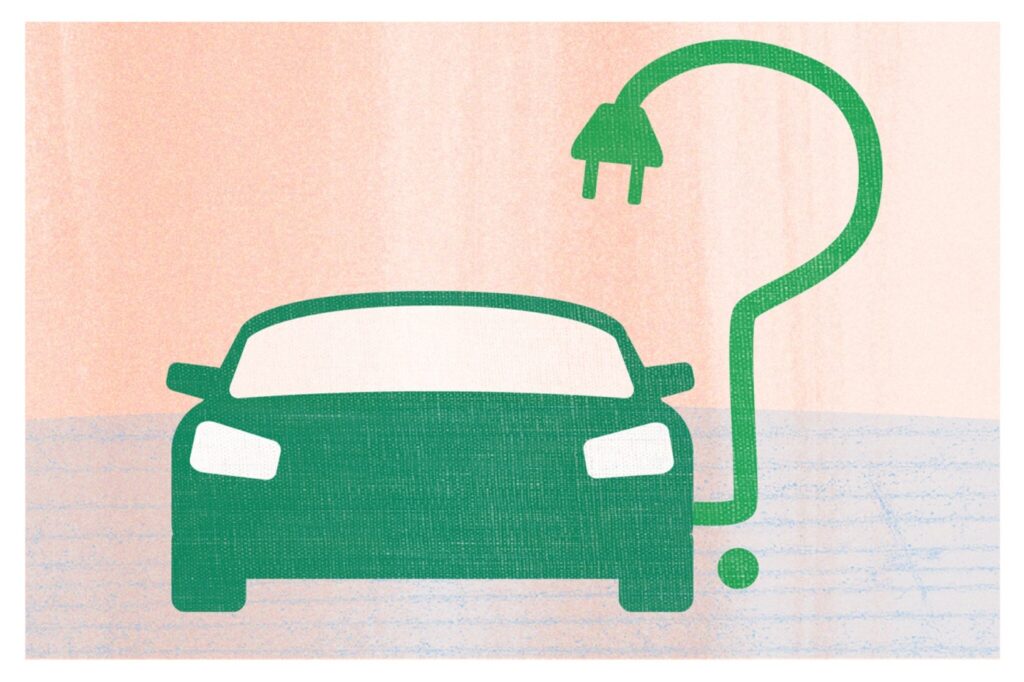Electric cars are seen as more environmentally friendly alternatives compared to fossil-fueled vehicles and are therefore promoted worldwide. However, recent research in Finland shows that the carbon footprints of electric vehicle users might be higher than expected. The study indicates that electric vehicle owners are generally wealthier and more highly educated individuals, and therefore they tend to consume more, leading to a higher carbon footprint.
Increase in Carbon Footprints Related to Economic Situations

The research examined surveys conducted on 3,857 people in Finland. The results showed that not only are electric vehicle owners wealthier, but they also drive longer distances and travel more often, which contributes to a higher average carbon footprint compared to the average car user. Researchers are concerned that this could overshadow the environmental benefits of electric vehicles.
These striking findings highlight the importance of adopting a more comprehensive approach to assessing the environmental impacts of electric vehicles. The potential of electric vehicles to reduce carbon footprints is directly related to the lifestyles and consumption habits of their users. Therefore, if we truly want a sustainable future, we need to reconsider not only our means of transportation but our overall lifestyle as well.
The fact that this research was conducted in Finland also suggests that similar studies in different regions and economic conditions would be beneficial. Particularly in countries like China, where electric vehicles are becoming more accessible to larger populations, it is necessary to evaluate their environmental impacts in a broader context. Ultimately, research on electric vehicles and carbon footprints can play a critical role in shaping environmental policies.
Source: PLOS Climate


